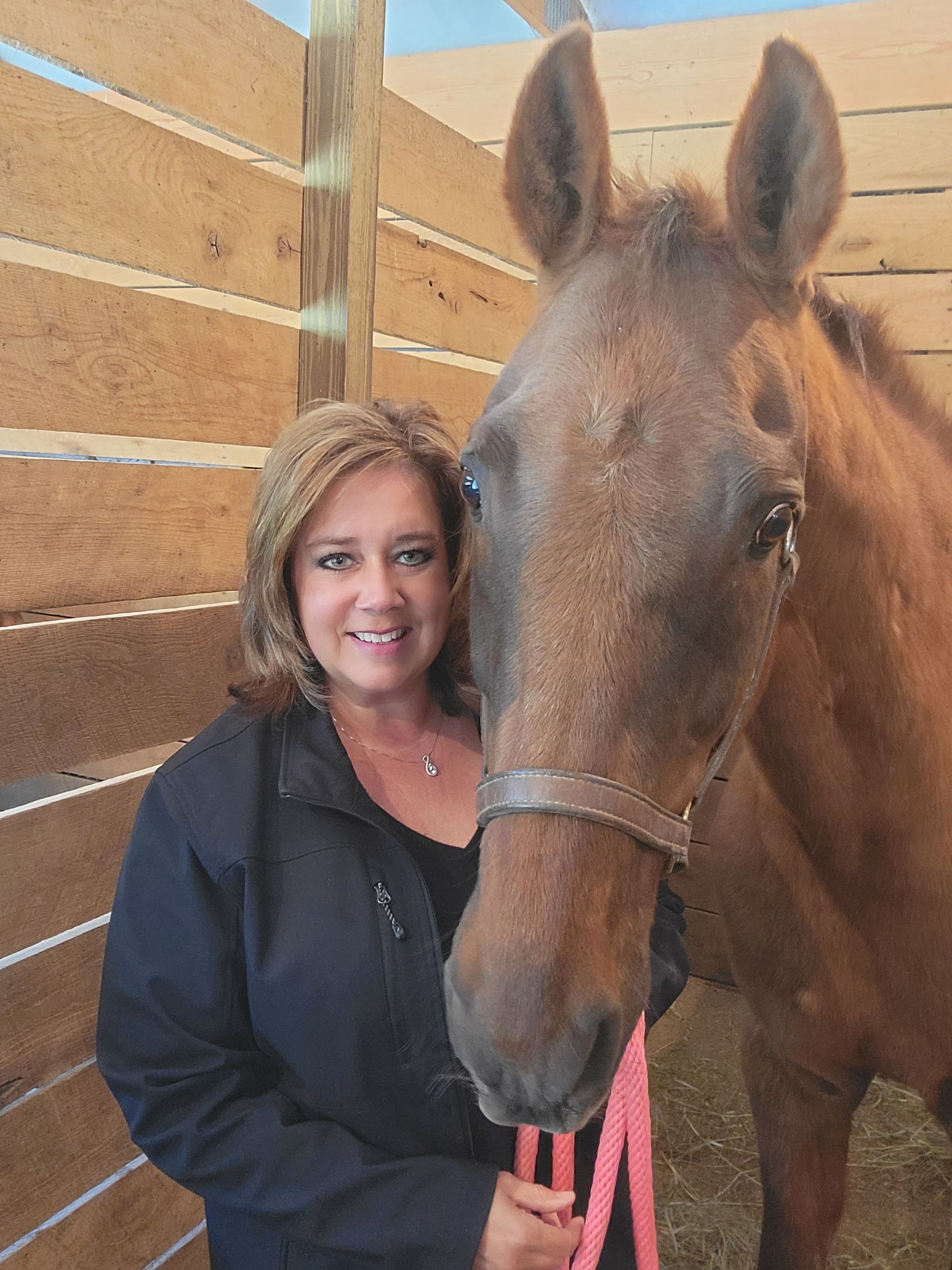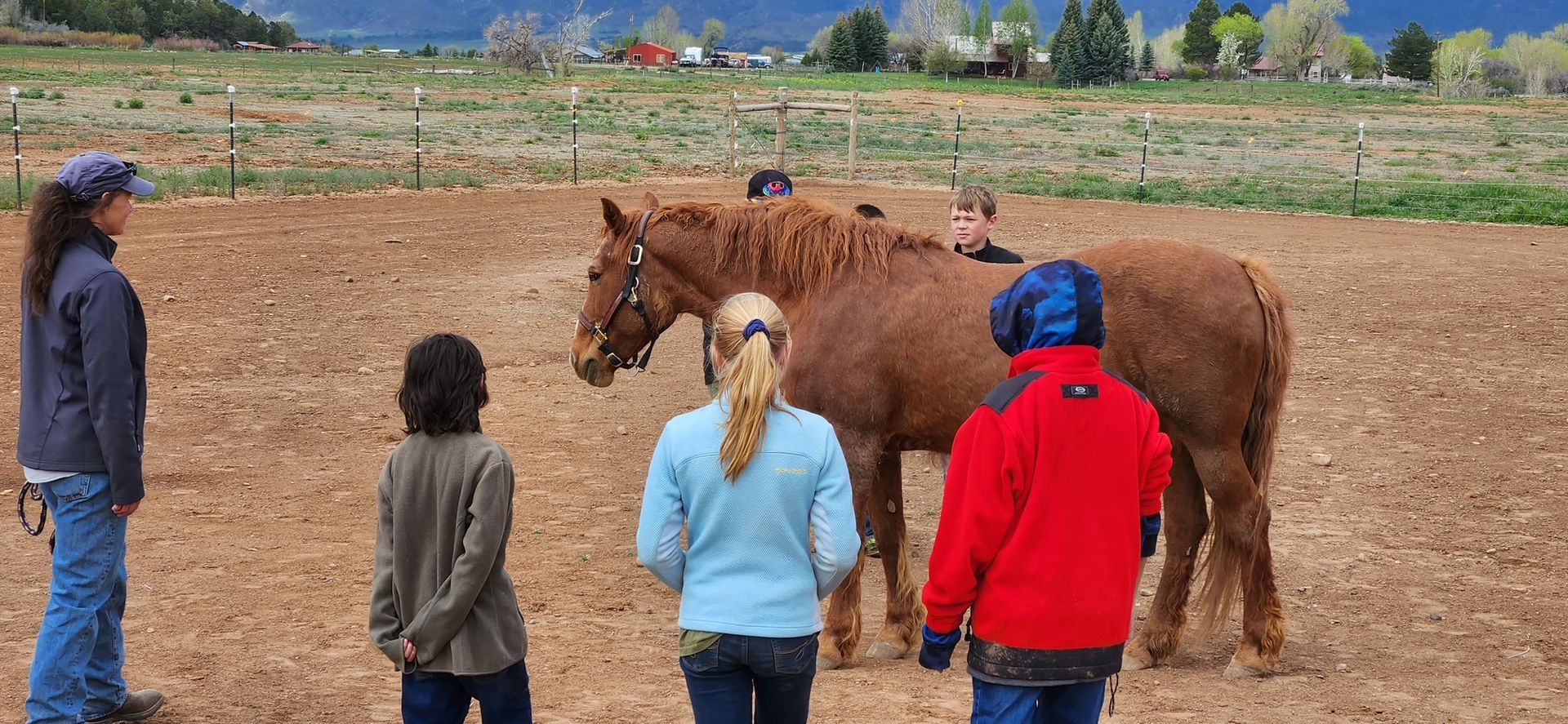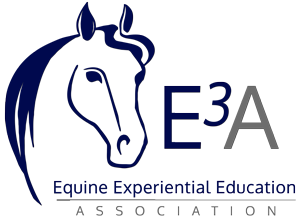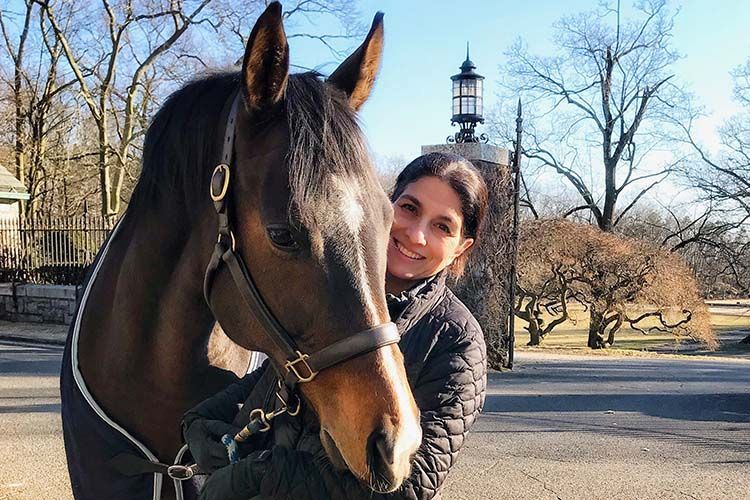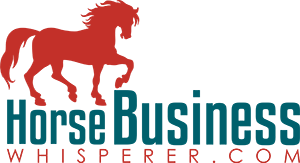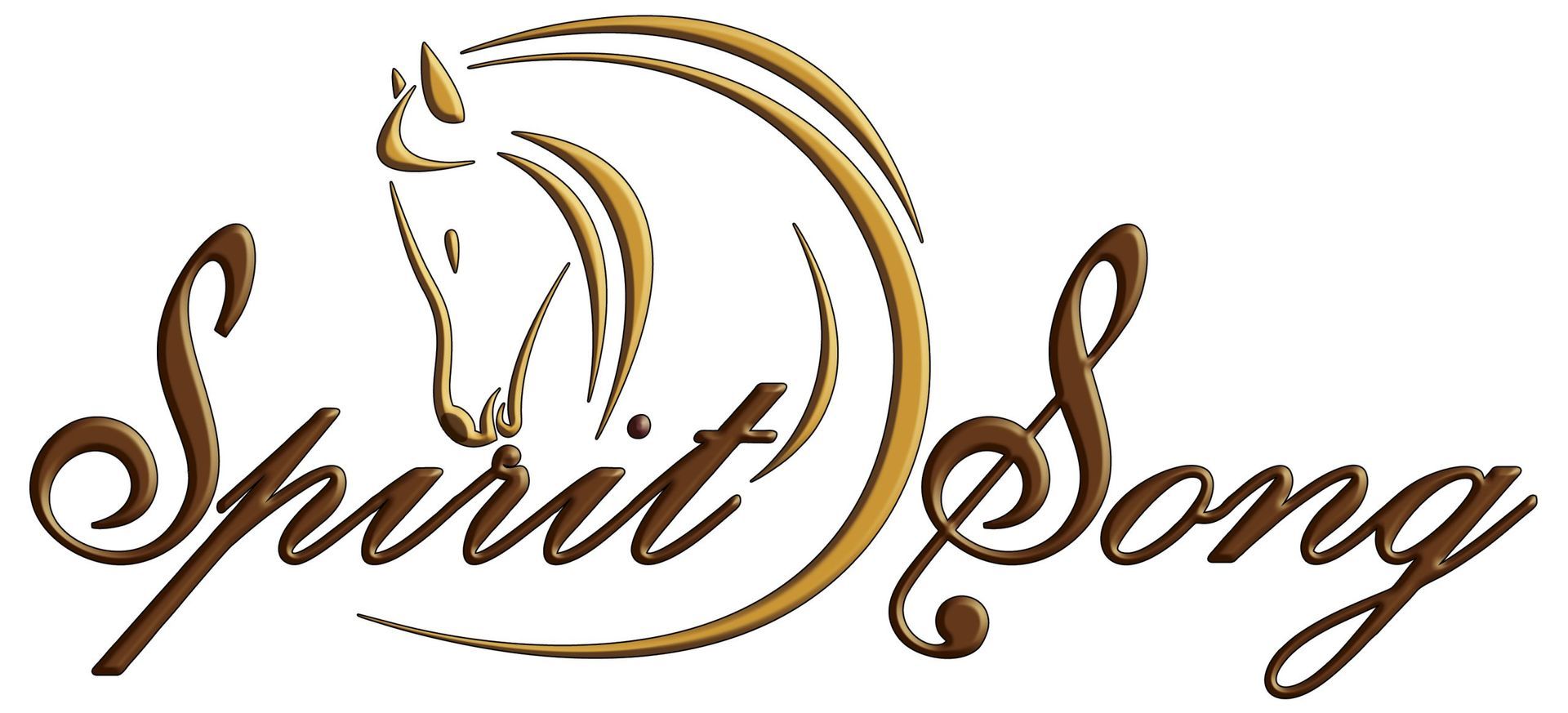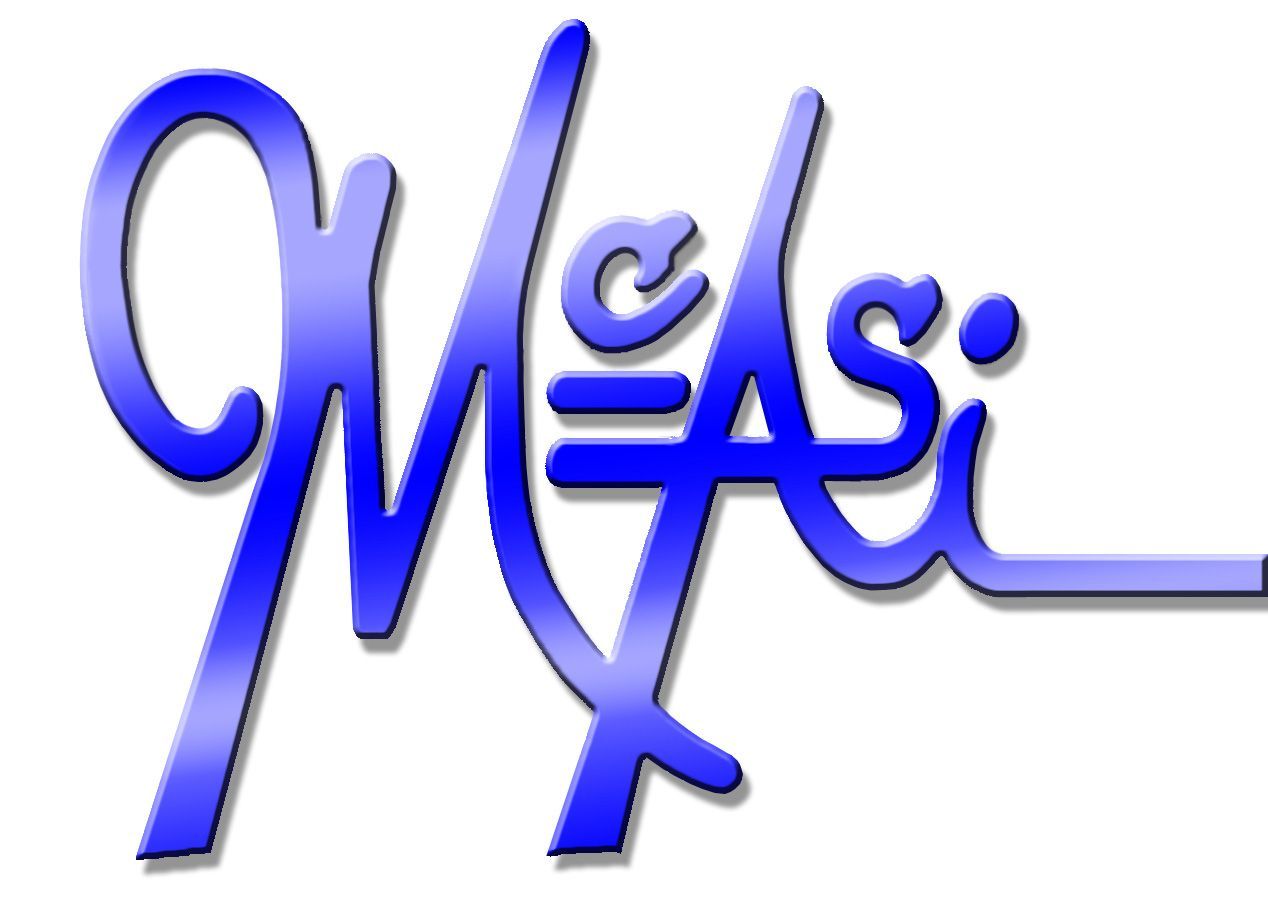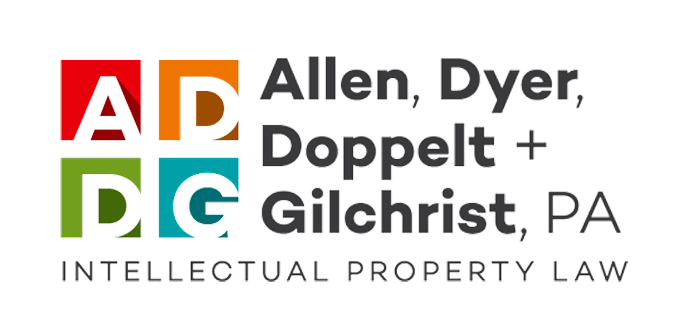How Incorporating Strengths Can Boost Your Equine Assisted Learning Programs
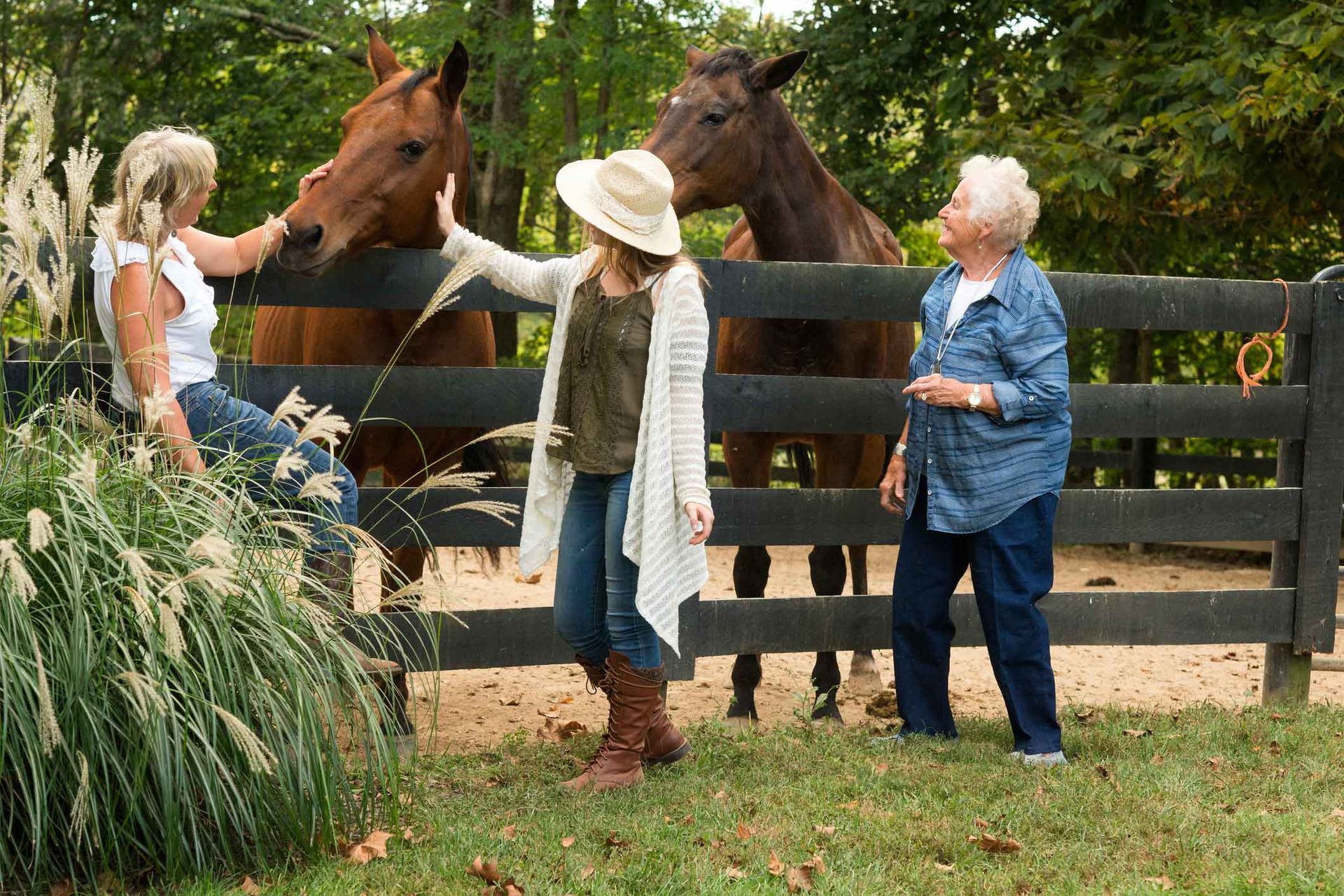
Leverage CliftonStrengths to give your equine assisted learning clients a more powerful experience
By Ginny Telego
Why CliftonStrengths and Horses?
For over 20 years, the Gallup organization has studied the impact of strengths-based culture on employee engagement. Their findings consistently show that organizations with a strengths-based culture have higher employee engagement. A recent Gallup article stated, “Workers who use their strengths every day are three times more likely to report having an excellent quality of life, six times more likely to be engaged at work, 8% more productive and 15% less likely to quit.”
Why does this matter to coaches and others who provide personal and professional development?
Focusing on strengths isn’t just helpful to peoples’ professional lives; it can help them thrive in all areas of their lives. Think of a time when you had to put a lot of energy into doing something that just didn’t come easy to you. Or a time when someone told you over and over what you aren’t good at and you started to believe them. It’s exhausting.
When individuals understand their strengths and are allowed to use them more fully, everyone benefits, because people want to do more of what they are good at.
I incorporate the CliftonStrengths assessment into much of my equine assisted coaching work and it never ceases to amaze me how quickly the participants’ strengths show up in their interactions with the horses. In 2020, I hosted a group of 18 professionals who are emerging community leaders for a full day equine assisted leadership workshop as part of their 9-month community leadership program. The group had completed the CliftonStrengths assessment a couple months prior to our workshop and had started to explore their strengths reports to understand what their assessment results meant. But I don’t think anyone in the group was prepared for what the horses were going to teach them about themselves and how their strengths could help or hinder accomplishing goals. While there was a plethora of “Ahas” from participants about how they show up as leaders, one participant stood out as gaining immense self-awareness from the exercises with the horses.
This young leader, I’ll call him Tom, presented himself as confident and open to the experience with the horses. The first exercise Tom was asked to complete was leading one of my miniature horses, Dolly, in a small oval shape. Tom had never led a horse before, but he volunteered to go first for his small group. I provided a bit of coaching to Tom, as the horse was providing feedback in her body language that indicated she picked up on Tom’s unsureness in leading for the first time.
Here’s where things started to get interesting. After the other five members of Tom’s group had completed the exercise, Tom asked me if he could go again. My facilitator senses tingled as I thought “All right! I can’t wait to ask about this!” In true facilitator/coach fashion, I responded to Tom’s question with a question. I said “Well, why do you want to go again?” He responded, “I’d like to see if I can do better than my first time leading her.”
Whenever I incorporate CliftonStrengths (or any assessment) into my equine assisted coaching work I print each person’s strengths on their name tags so I, and they, can refer to them throughout the experience. When Tom asked to lead Dolly a second time to see if he could improve, I immediately looked at his strengths on his name tag and saw that Competition was his number one strength. Tom and I discussed this and as he went through the rest of the day with his colleagues, doing different exercises with the horses, he saw how that strength could sometimes impede his ability to collaborate with others to accomplish the goals of the group. Competition overdone can wreak havoc on relationships – and relationships are vital to collaboration.
At the end of the workshop, each member of the group shared their takeaway from the experience with the horses and what they would do differently with that awareness. Tom’s take-away? “Not everything has to be a competition and I’ll seek other perspectives from my colleagues.”
This is just one way that incorporating CliftonStrengths with equine assisted learning can enhance the experience of your clients in learning about themselves.
If you are interested in exploring this through experiential learning, join us for the upcoming webinar Incorporating CliftonStrengths® With Your Equine Assisted Learning Practice where we’ll dive into using CliftonStrengths with adults and youth in equine assisted learning programs.
